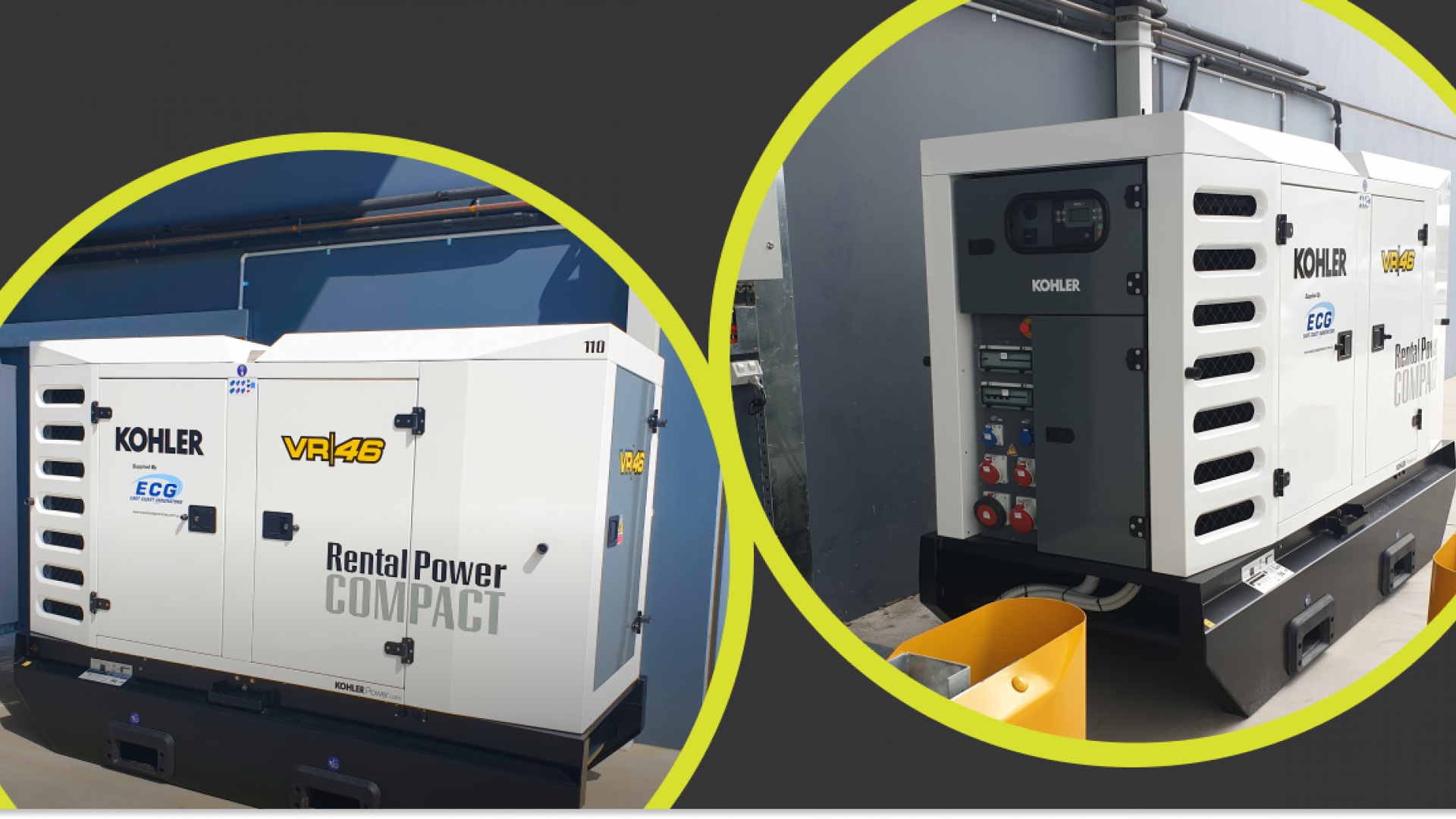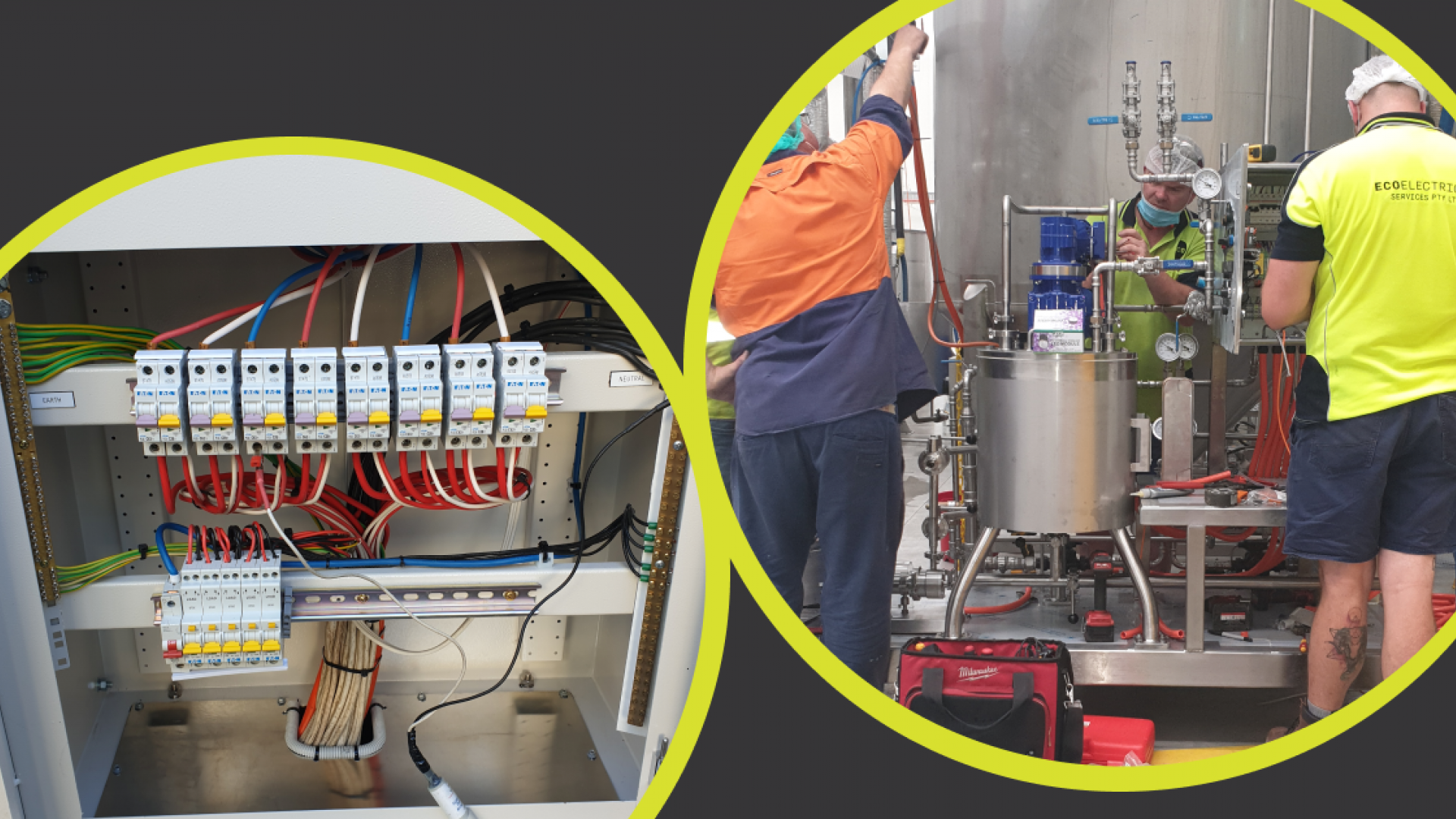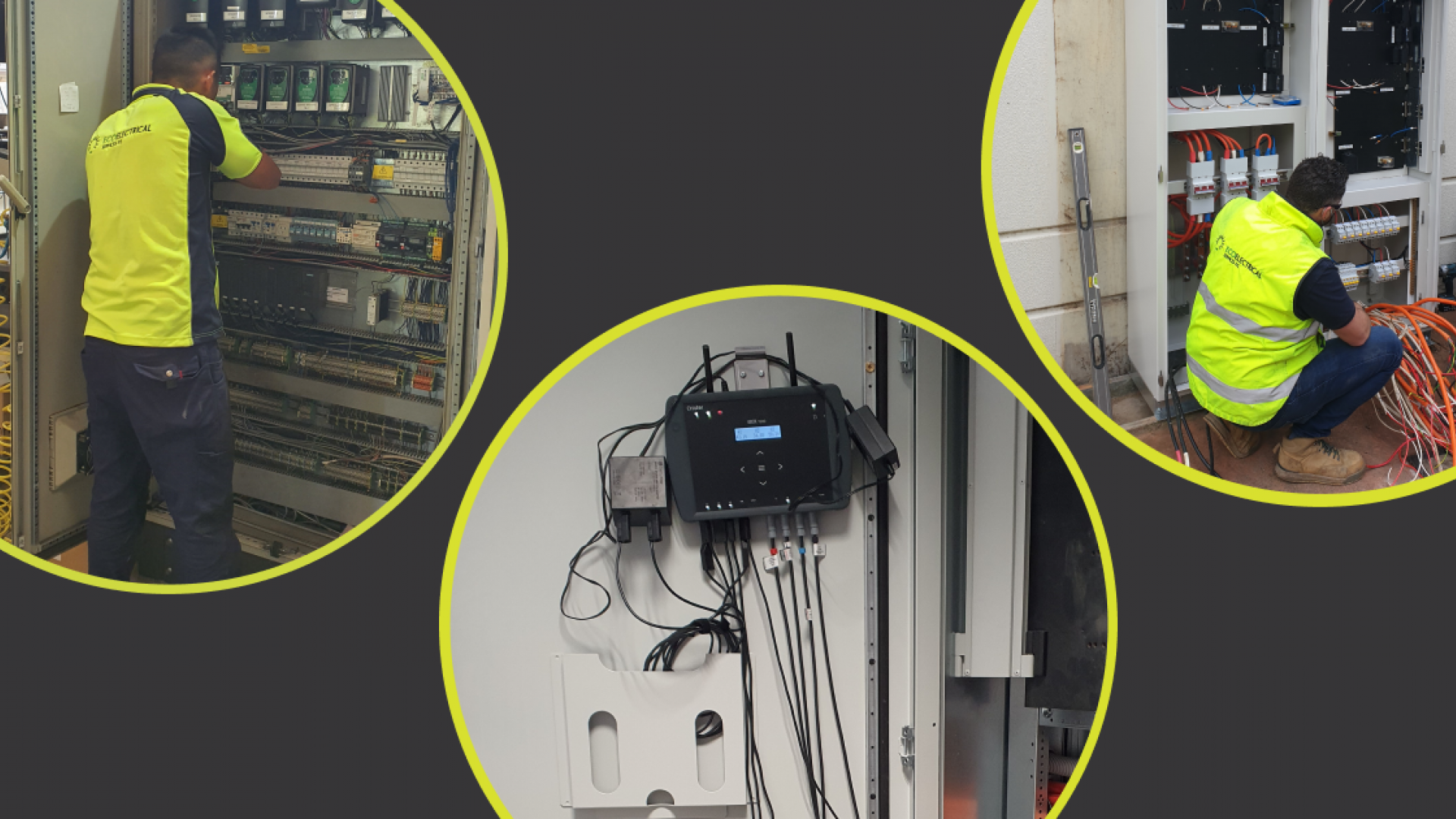5 Reasons Why Your Facility Needs a Proactive Maintenance Plan
CALL NOW FOR FAST ASSISTANCE
1300 326 353
As a Manager in Melbourne, you know how detrimental having any electrical break down can be for your business. If any of your electrical assets were to fail, tens of thousands of dollars in running costs and equipment repairs could be catastrophic to your operation - not to mention the cost in staff labour.
Despite the crucial nature of electrical equipment, routined and scheduled maintenance is not always focused on in some facilities.
While it may seem expensive to perform regular proactive maintenance, it really can save you time and money in disruption and repairs. Do you have a proactive maintenance plan in place?
Proactive vs. Reactive Maintenance
Proactive maintenance is a facilities planned efforts towards maintaining, repairing and replacing equipment used during operation or production. Conversely, reactive maintenance is when a business waits until electrical equipment start to break down or fails completely before repairing them.
A proactive approach is always more effective and worthwhile in the long term.
Top 5 Reasons Why Your Facility Needs a Proactive Maintenance Plan:
- 77% of electrical equipment failures can be mitigated by implementing a proactive maintenance plan.
- By implementing such a plan, you will avoid unplanned downtime and emergency replacement costs.
- Energy Savings: with a proactive maintenance plan in place, the efficiency of electrical equipment will always be optimised, saving your facility on energy costs. (Click here to find out how we can save your business thousands with Power Factor Correction.)
- On average, a small electrical disruption could result in a minimum of six hours of interruptions.
- Safety: Above all, the most important reason for proactive maintenance is the safety of your colleagues. Avoiding any kind of injury or worse, death, is worth more than any amount spent on your preventative maintenance.
How Often Should it be Done?
Electrical equipment and systems should be fully inspected by a certified electrician every 3-5 years. Alternatively, individual assets such as, AC motors or switch boards, should be monitored in guidance to the manufacturers directions.
For instance, some equipment requires monthly inspection, while others may only need annual inspections.
Proactive Maintenance Checklist
We’ve compiled three of the most crucial maintenance checks that your facility should be monitoring. Remember, only properly trained and equipped staff or certified electricians should do the following checks.
1. Electrical Connections - Potential Issues: Monitor carefully for signs of arcing, corrosion or hot spots. (Thermal Imaging can help mitigate this.)
When to check: If there were no recent changes to the electrical system, only annual inspections are acceptable. However, if there were any recent additions or changes, then an inspection is necessary.
2. Electrical Equipment Rooms - Potential Issues: Dirt & dust, cluttered storage, cooling fan breakdown, clogged ventilation, dirty filters.
When to check: Every 6 months.
3. Electrical Equipment - Potential Issues: Harmonics – most equipment operates at 50 cycles per second. If 2 or more pieces of equipment engage into a harmonic sync, then their matching power peaks and valleys can result in critical damage.
When to check: Once a year.
To get a custom proactive maintenance plan for your facility, contact us today. We can help you throughout every step of your maintenance process.
1300 326 353
More Articles
View All Articles
Things you should know before installing a backup power generator
Commercial backup power generators come in all different sizes, brands and models. If you're thinking of getting one for your business, you're basically spoilt for choice. However, that’s not necessarily a good thing because it might make it a bit challenging to pick the best power backup generator for your business.

Warning Signs It’s Time To Rewire & Upgrade Your Electrical System
Although electrical panels, wiring and outlets are built with durability in mind, they have their usage limits. Instead of repairing and patching the wiring system, it sometimes makes more economic sense to overhaul the entire electrical system and replace old components with new ones. If you're not sure whether your facility needs commercial rewiring, here are the signs to look out for:

The importance of power quality audits
